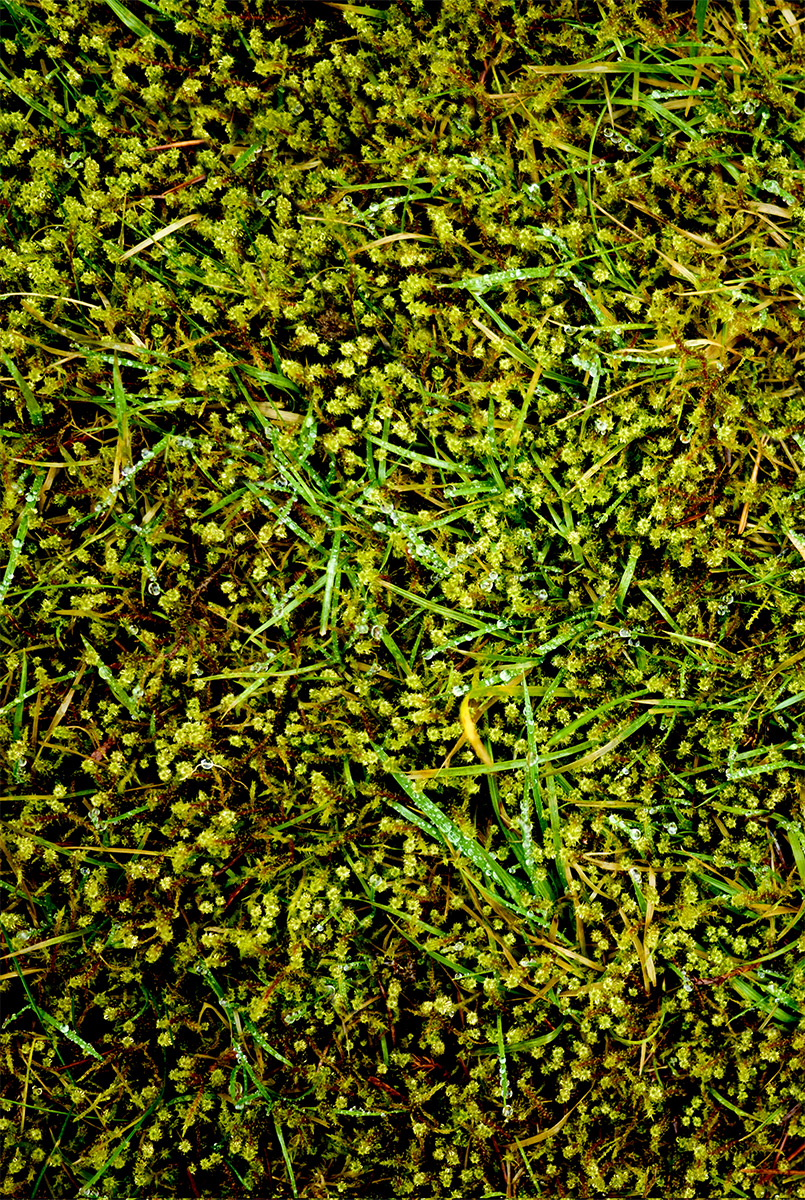
Two Poems
Mary Francesca Fontana
Silo Song
Look at those sheep, or graves. They were hay bales,
tarped in white, more like teeth, I thought,
or marshmallows floated on the great bowl
of eastern Oregon, the Rockies its lip,
blank face of the sky leaning close for a sip.
Our children, strapped in, desperate for arrival,
played the oldest game there is with all the seriousness
of children. Look, a horse. Look, a bunch of horses.
Look, a cylinder of cement far off
that might hold a slender sky-aimed missile,
or grain. Near Hermiston, far as one could see,
repeating humps of earth with doorways of cement
they couldn’t name. I might have recited blister agent,
chemical depot, underground bunker, Cold War era
conventional ammunition. Instead I talked up the watermelons
Hermiston was famous for in my grandfather’s day.
Across the river the heavy diggers that sliced this road
through ancient hills exposed their layer cake
of cataclysmic fallout, one damned thing after another
since the great glacial floods that rushed more than once
across this high plain, carving the grassy scallops
that from the air render the Palouse a rippled seashore.
Yes, children, we are driving back through time
as we arrive at the farmlands of my girlhood, from whence spilled
the crispest apples, yellowest cherries, mint fit to wake you
from the dead, warehouse-hauls of hops, radioactive ore
for Manhattan. A cartoon bomber planted a painted mushroom
cloud, huge, on our rival high school’s
gymnasium floor. What words to tell a six-year-old
everything that grew from the valley where his roots go down?
To explain to his brother that now will not go on forever?
The near-deserted road we’re driving—
it’s one I don’t recall or recognize, though our devices
insist it will bring us home. How to answer
when one son points ahead to a break in the sky,
says, Is that rain coming down, or light?
How Your Life So Far in Retrospect Is Not Like the Westbound Stretch of I-90 Approaching Billings, Montana: A Partial List
Even at eighty or ninety
miles per hour on the straightaway
you’d spot the onramping
semi truck
a mile away, I mean
an actual mile, as far as your wife could run
in five and a half minutes, if she ran
hard enough to burst her heart,
I mean, back when running
was something she did, could do—
anyway, you’d see it,
those fifteen tons of furniture or oranges,
from far off and without
a second thought,
effortlessly,
with your pinky you’d flick
the turn sign on and slide into the left lane,
allowing the merge,
neatly sidestepping
blindside and sideswipe,
continuing on toward whatever you’d left home for,
no more put off your path
than a fish midstream,
flowing round a boulder
with its nose toward the ocean.
for C.W.
Mary Francesca Fontana
grew up in central Washington state. She now lives in Seattle, but travels frequently to the Texas-Mexico border—a landscape with a striking resemblance to Washington’s high desert, if you ignore the cactus. She is writing a book about migration across the southern border.
Originally published in Moss: Volume Eight.
‹ |
Previous Alone (With Me), Jessica Wadleigh |
Next East of Nowhere, Lacy Rowland |
› |


